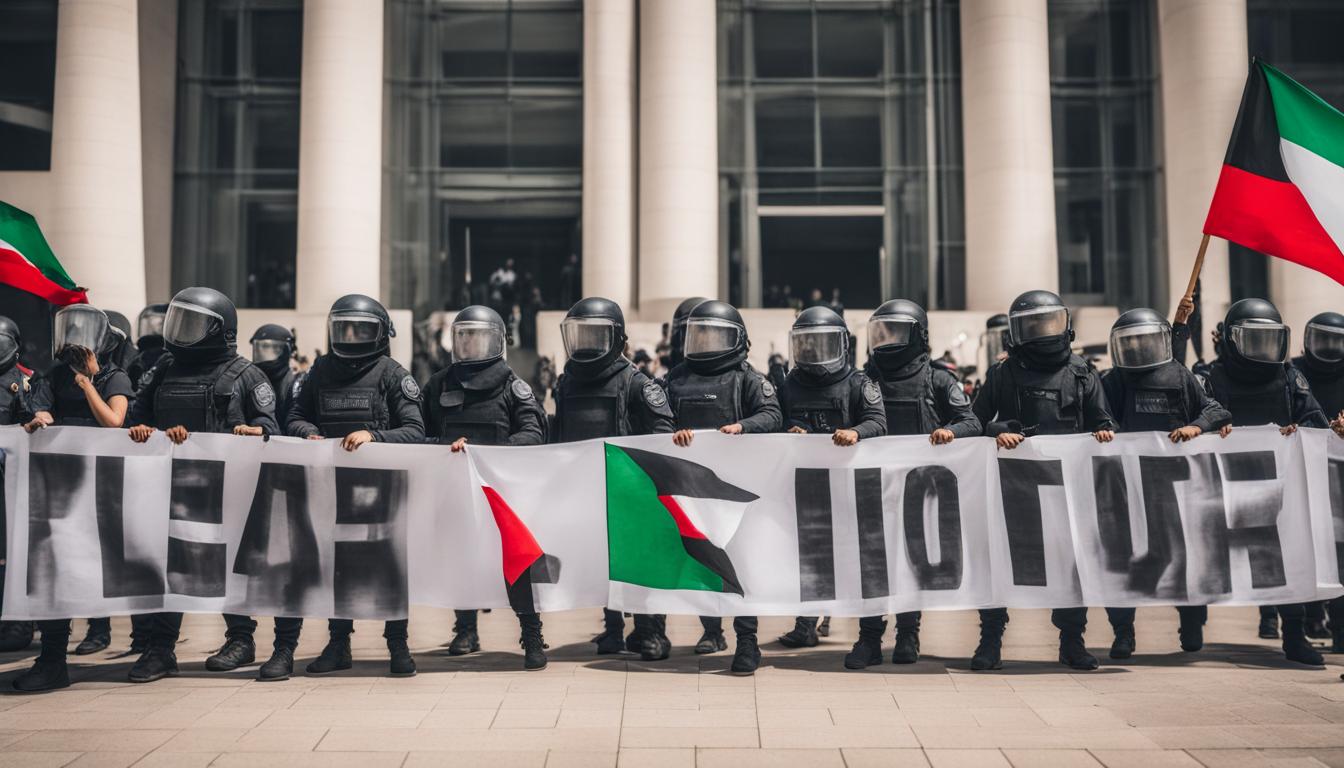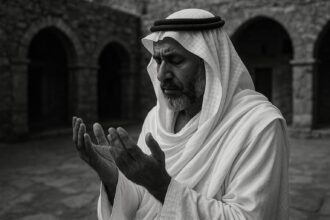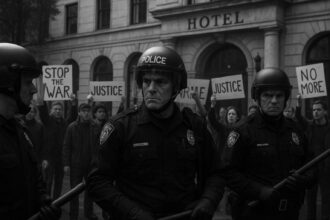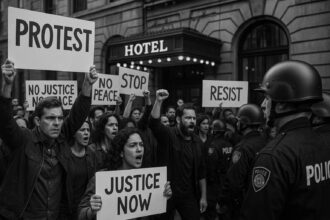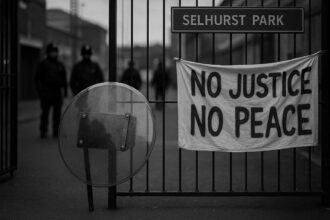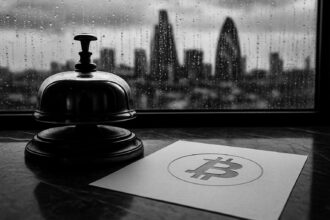From Baghdad to Oxford, student demonstrations flare up on university campuses worldwide in response to Israeli military actions in Gaza, paralleled by governmental concerns over the safety of Jewish students and the complexities of ceasefire negotiations.
Pro-Palestinian student protests have emerged on university campuses globally, triggered by Israel’s military operations in Gaza. Demonstrations have occurred from Baghdad to Copenhagen, involving students from multiple universities, including the University of California, Los Angeles, and Baghdad University. These students have displayed Palestinian flags and placards, calling for freedom for Palestine. Notable UK demonstrations were held outside the Oxford University Museum of Natural History and at Cambridge University.
Parallel to these protests, clashes occurred near the Met Gala in New York, where demonstrators attempted to attract attention to the Gaza conflict amidst the event’s festivities. Some protesters were arrested as police in riot gear responded to the disruptions.
In Amsterdam, authorities arrested around 125 activists and dismantled a pro-Palestinian camp at the University of Amsterdam, citing the necessity to restore order after protests escalated. Similar actions occurred in Helsinki with demonstrators urging academic institutions to sever academic ties with Israeli entities.
UK Education Secretary Gillian Keegan emphasized the need to protect Jewish students at British universities amid these widespread protests, addressing concerns over rising antisemitic incidents. She called for the implementation of measures to ensure the safety and well-being of Jewish staff and students.
Meanwhile, in Gaza, Israel has expanded its military presence into Rafah, raising concerns over ceasefire talks with Hamas. With thousands evacuating and Israel controlling strategic points, the ongoing military operations and negotiation challenges continue to complicate peace efforts.
These incidents highlight the international reaction to the Israel-Gaza conflict and the broader implications on student movements, governmental actions, and ceasefire negotiations.


